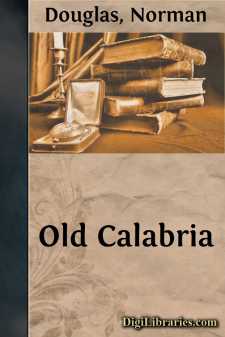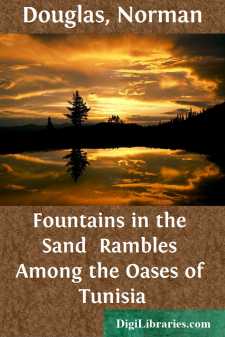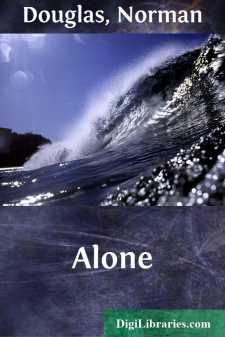Categories
- Antiques & Collectibles 13
- Architecture 36
- Art 48
- Bibles 22
- Biography & Autobiography 816
- Body, Mind & Spirit 145
- Business & Economics 28
- Children's Books 17
- Children's Fiction 14
- Computers 4
- Cooking 94
- Crafts & Hobbies 4
- Drama 346
- Education 58
- Family & Relationships 59
- Fiction 11834
- Foreign Language Study 3
- Games 19
- Gardening 17
- Health & Fitness 34
- History 1378
- House & Home 1
- Humor 147
- Juvenile Fiction 1873
- Juvenile Nonfiction 202
- Language Arts & Disciplines 89
- Law 16
- Literary Collections 686
- Literary Criticism 179
- Mathematics 13
- Medical 41
- Music 40
- Nature 179
- Non-Classifiable 1768
- Performing Arts 7
- Periodicals 1453
- Philosophy 66
- Photography 2
- Poetry 897
- Political Science 203
- Psychology 45
- Reference 154
- Religion 516
- Science 126
- Self-Help 85
- Social Science 82
- Sports & Recreation 34
- Study Aids 3
- Technology & Engineering 59
- Transportation 23
- Travel 463
- True Crime 29
Our website is made possible by displaying online advertisements to our visitors.
Please consider supporting us by disabling your ad blocker.
Old Calabria
by: Norman Douglas
Description:
Excerpt
SARACEN LUCERA
I find it hard to sum up in one word the character of Lucera—the effect it produces on the mind; one sees so many towns that the freshness of their images becomes blurred. The houses are low but not undignified; the streets regular and clean; there is electric light and somewhat indifferent accommodation for travellers; an infinity of barbers and chemists. Nothing remarkable in all this. Yet the character is there, if one could but seize upon it, since every place has its genius. Perhaps it lies in a certain feeling of aloofness that never leaves one here. We are on a hill—a mere wave of ground; a kind of spur, rather, rising up from, the south—quite an absurd little hill, but sufficiently high to dominate the wide Apulian plain. And the nakedness of the land stimulates this aerial sense. There are some trees in the "Belvedere" or public garden that lies on the highest part of the spur and affords a fine view north and eastwards. But the greater part were only planted a few years ago, and those stretches of brown earth, those half-finished walks and straggling pigmy shrubs, give the place a crude and embryonic appearance. One thinks that the designers might have done more in the way of variety; there are no conifers excepting a few cryptomerias and yews which will all be dead in a couple of years, and as for those yuccas, beloved of Italian municipalities, they will have grown more dyspeptic-looking than ever. None the less, the garden will be a pleasant spot when the ilex shall have grown higher; even now it is the favourite evening walk of the citizens. Altogether, these public parks, which are now being planted all over south Italy, testify to renascent taste; they and the burial-places are often the only spots where the deafened and light-bedazzled stranger may find a little green content; the content, respectively, of L'Allegro and Il Penseroso. So the cemetery of Lucera, with its ordered walks drowned in the shade of cypress—roses and gleaming marble monuments in between—is a charming retreat, not only for the dead.
The Belvedere, however, is not my promenade. My promenade lies yonder, on the other side of the valley, where the grave old Suabian castle sits on its emerald slope. It does not frown; it reposes firmly, with an air of tranquil and assured domination; "it has found its place," as an Italian observed to me. Long before Frederick Barbarossa made it the centre of his southern dominions, long before the Romans had their fortress on the site, this eminence must have been regarded as the key of Apulia. All round the outside of those turreted walls (they are nearly a mile in circumference; the enclosure, they say, held sixty thousand people) there runs a level space. This is my promenade, at all hours of the day. Falcons are fluttering with wild cries overhead; down below, a long unimpeded vista of velvety green, flecked by a few trees and sullen streamlets and white farmhouses—the whole vision framed in a ring of distant Apennines....




